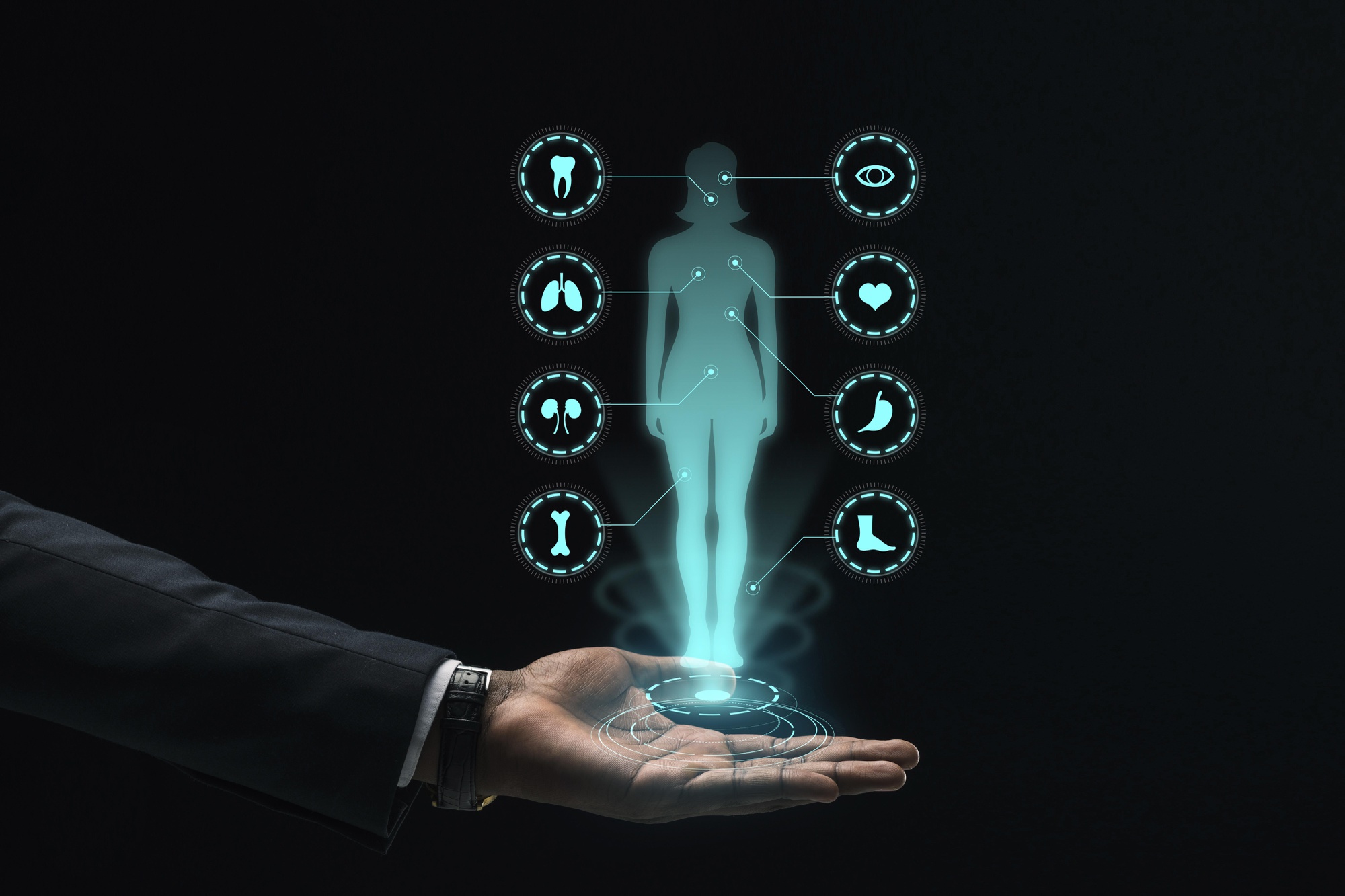
The Future of Healthcare Is Automated
As the healthcare landscape evolves, so too do the systems that support it. Gone are the days of endless paperwork, phone call follow-ups, and manual data entry. Today’s healthcare providers are embracing automation to improve accuracy, streamline operations, and provide faster, more responsive care.
Automated systems are not just a convenience-they’re becoming an essential part of delivering high-quality, efficient healthcare in an increasingly digital world. From smart scheduling tools to AI-driven diagnostics, these technologies are reshaping how care is delivered from the ground up.
What Are Automated Systems in Healthcare?
Automated systems in healthcare refer to technologies designed to perform tasks with minimal human intervention. These systems include everything from appointment scheduling tools and automated billing platforms to advanced machine learning algorithms used in diagnostics.
The goal? To eliminate time-consuming manual processes, reduce human error, and allow healthcare professionals to focus more on what matters most-patient care.
Key Areas Where Automation Is Making a Difference
1. Administrative Efficiency
One of the first areas to benefit from automation is administrative work. Tasks like:
-
Patient intake
-
Appointment reminders
-
Insurance verification
-
Billing and coding
…can now be handled through automated workflows. This not only improves accuracy but significantly reduces the burden on administrative staff, allowing them to redirect their attention toward patient engagement and in-clinic support.
2. Clinical Decision Support
Automated systems assist physicians in making faster, data-driven decisions. With access to vast databases and real-time analytics, AI-powered tools can flag abnormal test results, suggest possible diagnoses, and even recommend treatment options.
This doesn’t replace the physician’s expertise-it enhances it. Providers can deliver more precise and personalized care by having critical information at their fingertips.
3. Remote Monitoring and Virtual Care
Thanks to wearable devices and mobile health platforms, patients can be continuously monitored from the comfort of their homes. These tools automatically collect vital data such as heart rate, oxygen levels, and glucose readings and send alerts to healthcare teams when something’s amiss.
This type of automation ensures chronic conditions are managed proactively, reducing hospital readmissions and emergency visits.
Intelligent Healthcare Bots: A Game-Changer in Patient Interaction
One of the most exciting developments in healthcare automation is the use of Intelligent Healthcare Bots. These AI-powered virtual assistants can:
-
Answer patient queries 24/7
-
Guide users through symptom checkers
-
Help schedule appointments
-
Provide medication reminders
-
Translate complex medical terms into easy-to-understand language
These bots create a more accessible healthcare experience, particularly for patients who may feel overwhelmed or unsure about navigating medical processes. They serve as a first point of contact, offering instant support while reducing the strain on human staff.
Beyond just chat, some bots can integrate with electronic health records (EHRs) to personalize responses based on a patient’s medical history. This ensures that communication remains both efficient and context-aware.
Benefits of Automation in Modern Health Delivery
Here are just a few of the measurable advantages healthcare providers are experiencing with automated systems:
-
Reduced operational costs through streamlined workflows
-
Faster turnaround times for appointments, test results, and billing
-
Improved patient satisfaction from quicker responses and reduced wait times
-
Greater accuracy in clinical documentation and coding
-
Stronger compliance with regulatory standards and data management protocols
By reducing redundancies and standardizing processes, automation frees up resources for more strategic, patient-centered initiatives.
Challenges to Consider
While automation offers tremendous benefits, it’s not without its challenges. Some common concerns include:
-
Data privacy and cybersecurity risks
-
Integration with legacy systems
-
Staff training and adaptation to new technologies
-
Patient trust in automated tools
To overcome these hurdles, healthcare organizations must ensure proper implementation strategies, staff education, and transparent communication with patients about how automation enhances-not replaces-human care.
Real-Life Applications: Clinics Getting It Right
Many healthcare facilities have already adopted automated systems with great success. For example:
-
Primary care clinics are using automated triage tools to route patients to the right departments based on symptoms.
-
Specialist practices employ AI to review medical imaging scans, catching anomalies early.
-
Hospital systems use predictive analytics to manage bed availability and anticipate patient discharge needs.
-
These examples show how automation isn’t limited to one type of setting—it can support practices of all sizes and specialties.
Final Thoughts: A Smarter, More Streamlined Future
Healthcare is no longer just about treating illness-it’s about delivering smarter, faster, and more personalized care. Automated systems play a key role in making that possible by removing inefficiencies and enhancing every step of the patient journey.
Whether it’s scheduling an appointment, monitoring chronic conditions, or answering a late-night health question, automation brings consistency, speed, and accuracy to an industry that depends on all three.
If your clinic is ready to embrace automation and improve how care is delivered, platforms like Intelligent Healthcare Bots are a great starting point. They offer a scalable, user-friendly way to enhance both operations and patient experience.
One solution leading the charge in this space is Docspe. With a full suite of automation tools tailored for modern healthcare practices, Docspe empowers providers to deliver efficient, intelligent, and compassionate care.